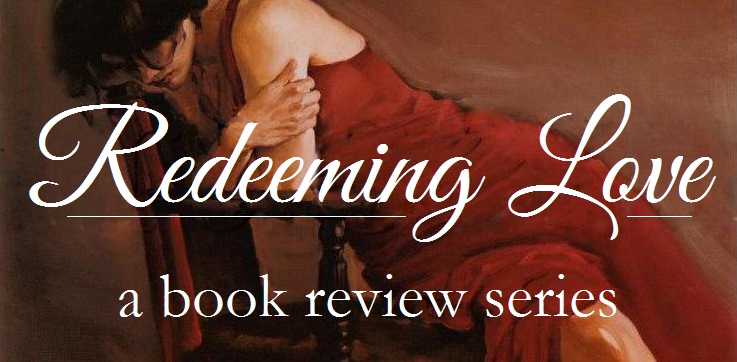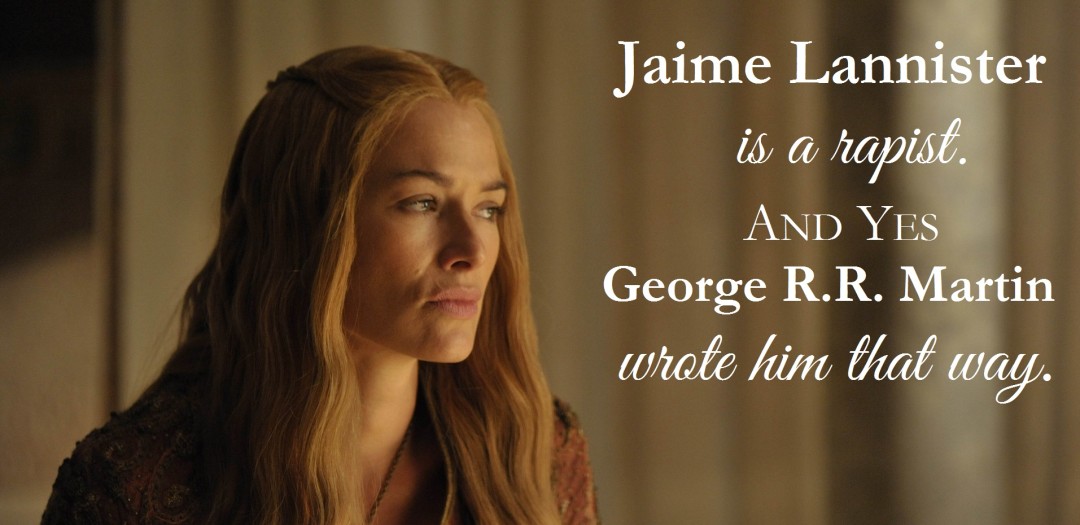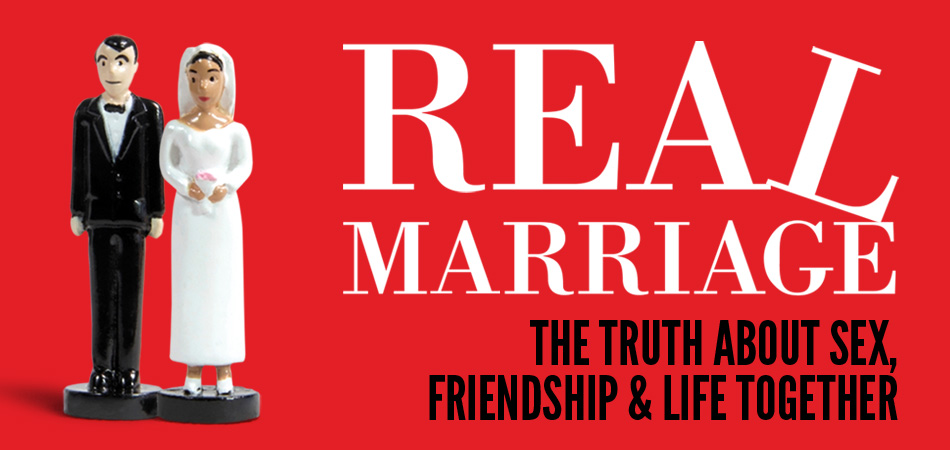And now, after a long hiatus, we’re digging back in to the Redeeming Love review. If you want to catch up with the review series, you can find the other entries here; there are plot summaries at the top of each post.
[content note for discussions of emotional abuse and trauma]
Plot Summary:
- The Altmans move into Michael’s cabin.
- Angel begins liking them, even growing to love some of the children.
- She becomes convinced Miriam, the sixteen year old, is a better partner for Michael.
- The Altmans’ buy a section of Michael’s land a build a cabin.
- Francine reveals that Angel committed incest in order to punish her birth father.
- Michael and Angel have sex again after she tells him all of that.
- Then she disappears.
***
At this point in the narrative, Michael stops his physical and verbal violence. He’s not dragging her around, literally kicking and screaming, he’s not abducting her, he’s not telling her how much he’d love to kill her, and every other horrific thing we’ve seen him do up to this point. No: now, we start getting much subtler emotional abuse from him. This isn’t usually how abusers operate; usually it’s the reverse with emotional abuse escalating into physical violence (and abusers may never use physical violence at all). However, despite the order Francine has written, this is where we start seeing the abuse take its toll on Angel.
It’s interesting to me that Francine would most likely be quite horrified at the idea that she’s written a nearly textbook example of an abuser in Michael Hosea, and yet Angel still responds to him in the way a victim responds to abuse. Like here:
Watching John, Angel was reminded of all those weeks Michael had cared for her after Magowan’s beating. She remembered his tender care and consideration. He had tolerated her worst insults with quiet patience. (244)
This is about the halfway point of Redeeming Love, and up until now Angel has maintained that Michael took her somewhere she did not want to be, and was keeping her there against her will. Every attempt at escaping him was met with violence or threats of murder. She was firm in herself, firm in what she wanted, and very firm of her idea of Michael: really no different than every other man she’d known who believed they could take and control anything they wanted, including her body. She’s never been an autonomous person and Michael is just another roadblock to the independence she craves. Remember, Francine has set up this desire for autonomy as literally a temptation from Satan himself.
But now her framing of what happened when he abducted her is shifting. He didn’t force a marriage onto her while she was delirious and then drag her out to the middle of nowhere: he was tender, caring, considerate. She was actually the one with the problem.
Or here:
Tirzah. His desire for her was in that name. Angel felt a tingling warmth run down into her belly when he said it. Tirzah. (261)
Before when he called her anything that wasn’t her name, she would assert herself and correct him. Now, though? Now she’s accepting it. She’s accepting his gradual over-writing of herself and her identity. She’s adopting what he thinks she is and should be. “She didn’t even belong to herself anymore” (252), and the resistance is slowly being beaten out of her.
This couldn’t get any more textbook. Abusers need victims to identify themselves as the problem: a problem that is fixed by subverting our identities and desires in favor of what the abuser wants. Angel is slowly capitulating to Michael’s assault on the very core of who she is as a person, and learning to accept his view of their relationship: he the tender lover, she the stubborn fool.
We can also see another abusive dynamic here:
He wants children, she thought … What if he knew she couldn’t have them? Would his love for her die then? (247)
This is not an unreasonable question, although Francine expects her reader to answer the question with “of course not!” Except Angel knows what all victims know: an abuser’s love is conditional. It’s extremely common for male abusers to be extremely reactive concerning a female victim’s reproduction, too—whether they became pregnant when their abuser did not desire it, or aren’t becoming pregnant when their abuser wants them to.
The other characters also participate in normalizing everything Angel’s been subjected to, even though they don’t know Michael abducted her and married her when she was barely conscious, or that he’s taken to calling her whatever he feels like. In one scene, a younger child calls her “Mandy” (they all think her name is Amanda), and then the eldest child, Miriam, says “I think I’ll call you Miss Priss” (251). No one is allowing Angel her name or identity. Later, Miriam declares “I love you whether you like it or not” (235).
The relationship between Angel and the Altmans display the same relationship style that Francine wants to emphasize: God’s love is irresistible, unending, unyielding, relentless. The Altmans’ relentlessly “love” Angel in a not-romantic analog to Michael’s treatment of her. In the narrative, this slowly wins Angel over just like she’s slowly being absorbed by Michael’s vision for her. They give her gifts she doesn’t want and scream insults at her when she says she doesn’t want them (“idiotic child” 252), they do everything around the farm even when she begins to feel useless, and every time she says something about herself she’s contradicted by who they think she is.
Anytime she tries to assert herself, (“Angel,” she said under her breath. “My name’s Angel.”) it’s portrayed as either resentment or bitterness. Through these chapters we start to get another heavy-handed helping of Francine’s evangelical Christian view of bitterness. Miriam accuses Angel of purposely carrying around baggage with her that she could voluntarily set down, and on the next page makes it clear that the “baggage” she’s talking about is “bitterness” (254-55). Later, when she emotionally withdraws some from the group, Miriam complains to Michael that “she’s hurting herself” (271).
Angel’s reactions are all extremely typical of abuse victims. Keep in mind that Angel was raped constantly and physically abused beginning at age 8 and that experience has continued pretty much non-stop for over a decade. When she responds a way anyone with trauma would, however, it’s not portrayed as reasonable or something a compassionate person should accommodate. Instead, her behavior is universally condemned by the other characters in the book.
Angel has flashbacks and triggers, and after experiencing an episode is anxious and irritable, a nearly classic example of PTSD. Other symptoms of PTSD: avoiding crowds, wanting to keep busy, avoiding relationships, viewing the world as harsh and dangerous … Whenever Angel displays one of these, however, someone comments that she’s only hurting herself or she’s bitterly clinging to the past.
This is a pretty common view of PTSD among American evangelical Christians. Their solution is as simple as Miriam’s: just stop carrying the baggage. But when Angel tells her it’s not that easy and a lot more complicated than that, Francine makes it clear that Angel’s view is the wrong one and it’s just her sinful nature and Satan whispering in her ear that makes her think so.
***
Also relevant: the entire Altman clan thinks Michael is just so perfect and wonderful and godly and loving. Gee it’s great that most Christians don’t view abusers this way. It’s not like we put them up on pedestals or elect them President or something.














